How to Go Fast and Still Manage Risk
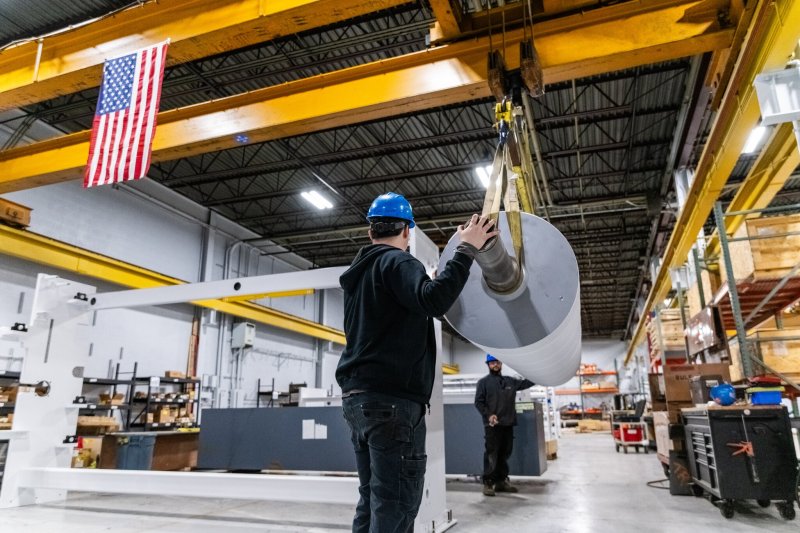
In manufacturing, speed is often positioned as a critical competitive advantage. The quicker you can launch a new production line, scale up capacity, or bring a system online, the sooner you can meet customer demand, improve margins, and capture market share. But speed that compromises safety, quality, or regulatory compliance is not a smart tradeoff. It introduces risk that can derail an entire operation.
Determining Hazardous Area Classification Early

When companies scale from a benchtop lab to pilot-scale production, many focus on process efficiency, space requirements, and throughput. But too few stop to ask one essential question: Are we operating in an electrically hazardous environment? At Re:Build Optimation, we’ve seen how early hazardous area classification (HAC) assessments can fundamentally change the trajectory of a manufacturing project. When addressed early, HAC acts as a hidden risk reducer, informing design decisions, avoiding costly rework, and ensuring safety and compliance from the start. This blog breaks down why early HAC matters and how to approach it as a strategic investment rather than a compliance chore.
Start with AHJ Engagement
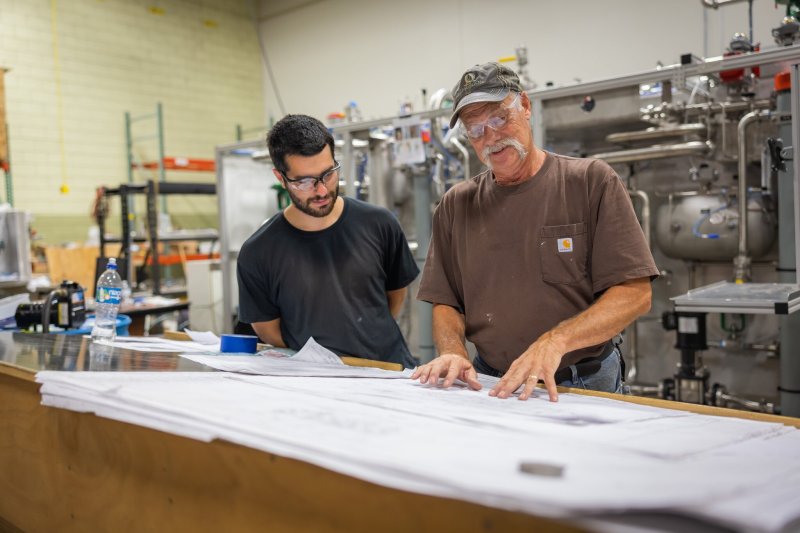
For startups working in specialty chemicals, advanced materials, or energy storage, the transition from lab to pilot plant presents many challenges. Among the most underestimated is regulatory compliance. At Re:Build Optimation, we have seen how early engagement with the Authority Having Jurisdiction (AHJ) often determines whether a project progresses smoothly or faces costly delays. This blog draws on real-world engineering experience and outlines a practical approach to the occupancy permitting process. Startups that take a proactive approach not only avoid rework and reclassification issues, but also gain credibility with regulators, community stakeholders, and potential investors.
Process Scale-Up Prioritizes Reliability, Not Perfection
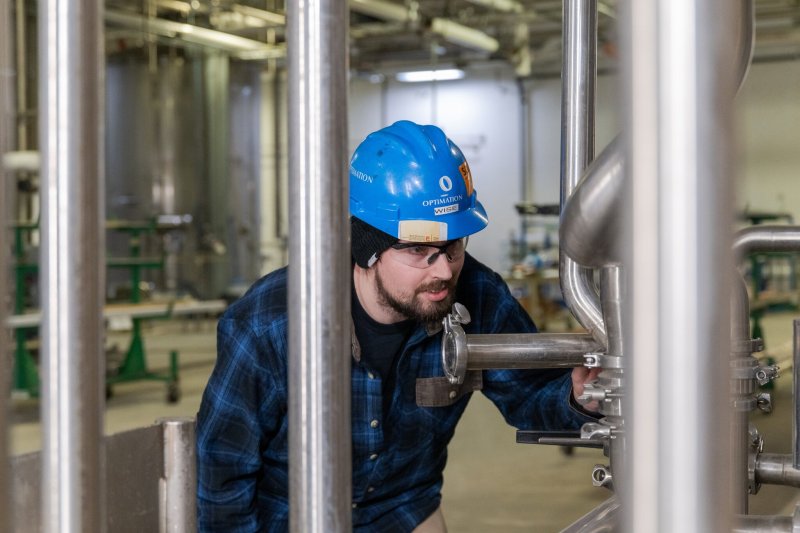
When chemical manufacturers begin planning a process scale-up, they often bring with them a mindset rooted in optimization. What is the most efficient reaction time? The ideal flow rate? The perfect temperature? These are valuable questions in the lab, where experimentation is safe and manageable. However, as you move from bench-scale experiments to commercial production, the focus must shift.
Why Safety Is a Smart Growth Strategy for Chemical Manufacturers
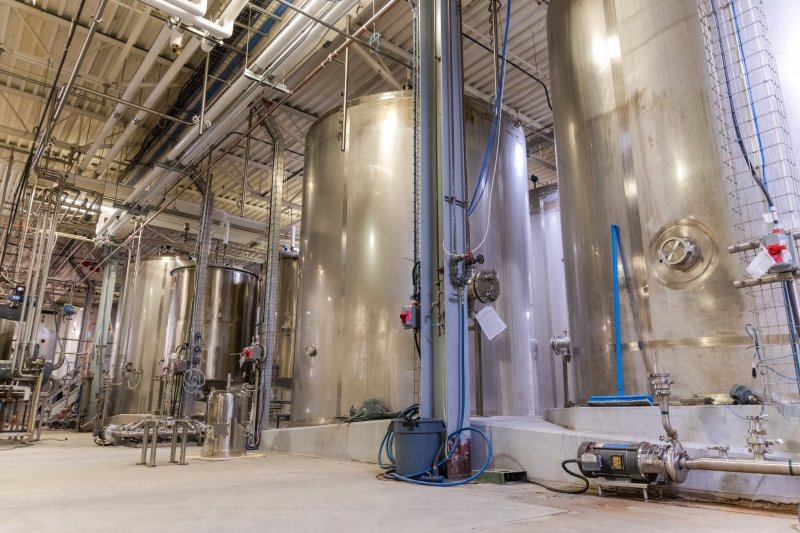
As specialty chemical manufacturers scale operations to meet rising demand, introduce new products, or expand into new markets, they often face a hidden challenge that can derail growth entirely: process safety. Scaling is not just about producing more. It introduces new materials, more complex systems, and greater operational risks. While increasing capacity is a business goal, managing safety is a business imperative. That is where Process Safety Management (PSM) becomes essential.
Why the Best Chemical Manufacturers Don’t Do It Alone
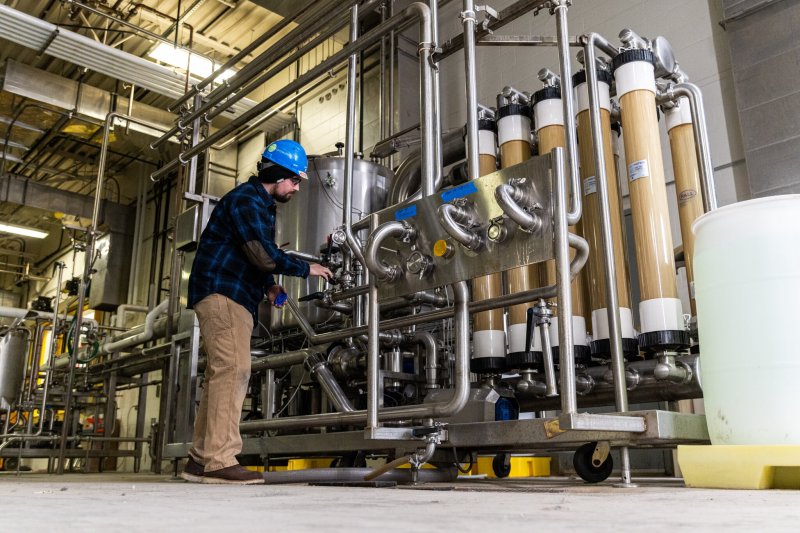
When faced with the choice of purchasing prebuilt, commercially available machinery versus opting for custom-built solutions, engineers must weigh their options carefully. Both paths have merits, but investing in customized machinery offers distinct advantages that can significantly enhance operational efficiency and drive business growth. As the manufacturing landscape evolves, the limitations of off-the-shelf solutions become increasingly apparent, making customized machinery not just a viable option, but often the optimal choice.
The Ultimate Chemical Manufacturing Scale-Up Checklist
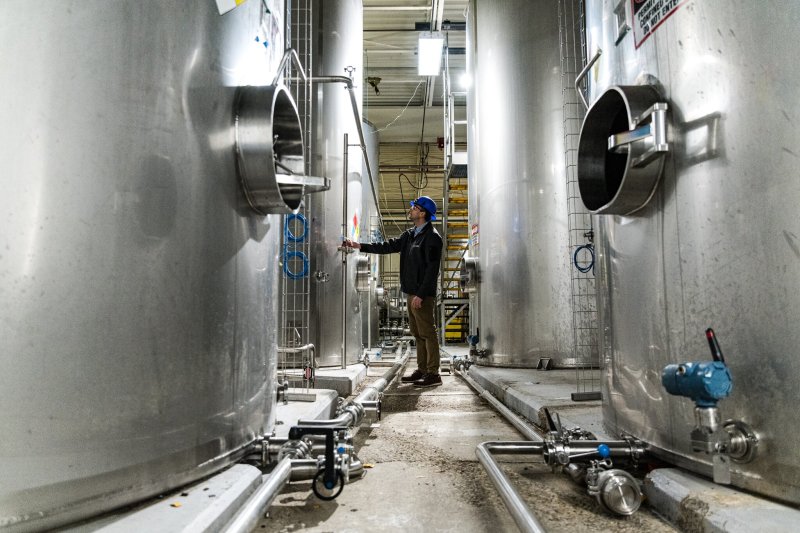
Successfully scaling up specialty chemical production requires careful planning, safety-first execution, and expert collaboration. This blog explores the top five challenges companies face when scaling specialty chemical production and provides solutions and a checklist to help manufacturers avoid costly mistakes.
The Strategic Payoff of Custom-Built Machinery

When faced with the choice of purchasing prebuilt, commercially available machinery versus opting for custom-built solutions, engineers must weigh their options carefully. Both paths have merits, but investing in customized machinery offers distinct advantages that can significantly enhance operational efficiency and drive business growth. As the manufacturing landscape evolves, the limitations of off-the-shelf solutions become increasingly apparent, making customized machinery not just a viable option, but often the optimal choice.
Advantages of Skid Systems
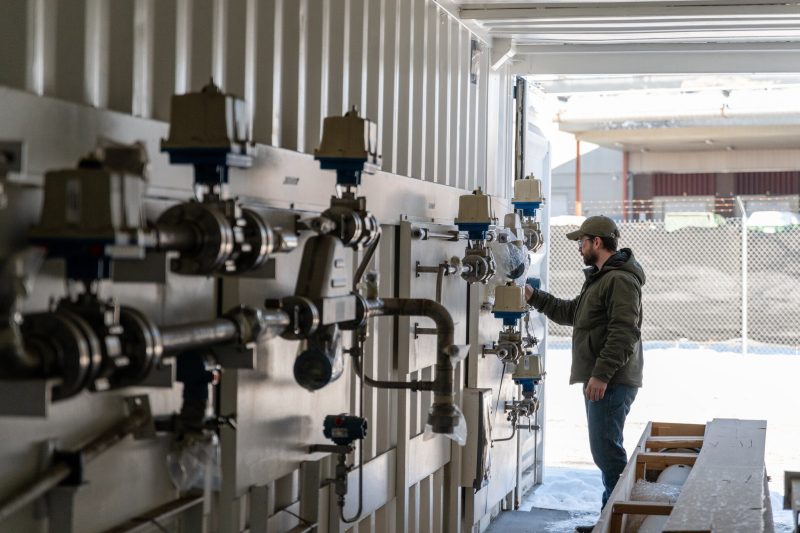
In today’s fast-paced manufacturing world, flexibility, efficiency, and scalability are essential — and skid-based systems deliver on all three. By applying modular design principles, these systems offer manufacturers a smarter way to scale operations, improve safety, and enhance process control without the long lead times and disruptions of traditional builds. In this blog, we explore the many advantages of skid-based systems, from real-world case studies to practical benefits like faster installation, easier expansion, and improved quality control. Whether you’re dealing with space constraints, planning for future growth, or looking to minimize production downtime, skid-based solutions may be the key to unlocking your facility’s full potential.
Systems Integration in Food & Beverage Manufacturing

In the fast-paced food and beverage manufacturing industry, seamless systems integration is essential for maintaining a competitive edge, ensuring compliance, and optimizing efficiency. Re:Build Optimation specializes in integrating advanced automation, data-driven decision-making, and sanitary design solutions to help manufacturers streamline processes and reduce downtime. This blog explores how our expertise in automation, process optimization, and regulatory compliance transforms food and beverage production, ensuring greater efficiency, improved safety, and enhanced sustainability. Read on to discover how Re:Build Optimation drives innovation in manufacturing.
